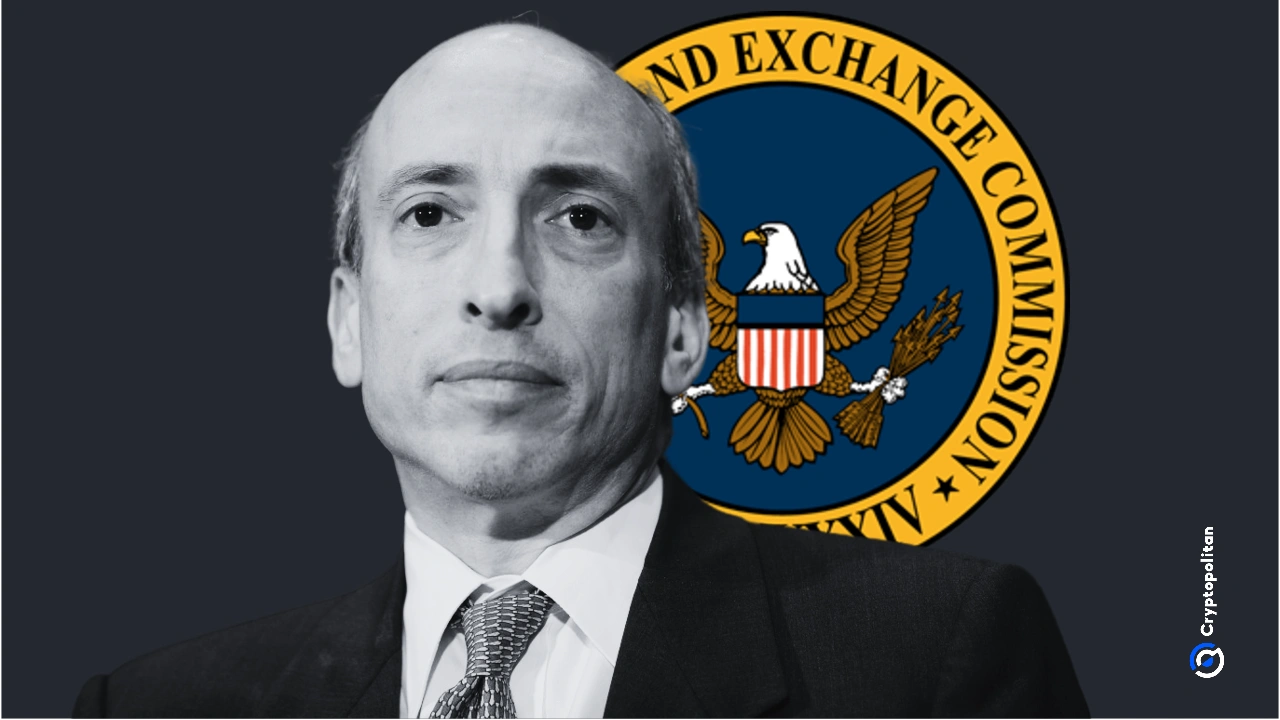- Franklin Templeton predicts that Bitcoin will become a strategic national reserve asset by 2025, driven by increased institutional and sovereign adoption.
- Nations like Hong Kong and Germany are signaling interest, positioning Bitcoin as a key player in global financial systems.
Franklin Templeton, a prominent issuer of spot Bitcoin exchange-traded funds (ETFs), has projected a significant shift in global financial systems with the adoption of Bitcoin as a strategic national reserve asset in 2025.
In its recently published digital assets outlook, the company forecasts that several nations will incorporate Bitcoin into their reserves, marking a milestone in its journey as a global digital store of value.
According to the report, the anticipated adoption will be driven by both institutional and sovereign interest in Bitcoin, transitioning its use from speculative trading to practical utility. The ETF issuer highlighted that the foundational technologies behind cryptocurrencies would increasingly integrate into global financial systems, paving the way for widespread acceptance of Bitcoin as a reserve asset.
Hong Kong and Germany Signal Interest
Among the nations expressing interest in adopting Bitcoin as a strategic reserve are Hong Kong and Germany, two influential economies signaling policy shifts toward cryptocurrency adoption. On December 30, Wu Jiexhuang, a member of Hong Kong’s Legislative Council, advocated for adding Bitcoin to the region’s national reserves, citing the examples of El Salvador and Bhutan, which have already adopted Bitcoin for financial stability.
Jiexhuang pointed to the approval of spot Bitcoin ETFs in the United States earlier this year as a pivotal factor boosting institutional adoption. He also noted that US President-elect Donald Trump’s proposal to designate Bitcoin as a strategic reserve asset could reshape traditional financial markets. Proponents like Strike CEO Jack Mallers believe this move could lead to an executive order in the US to make Bitcoin a key component of its reserves.
In Germany, the Free Democratic Party (FDP) has demonstrated openness to the idea of Bitcoin as a reserve asset. The party’s 2025 election platform emphasizes the potential benefits of distributed ledger technology and suggests that institutions like the European Central Bank and the German Bundesbank consider Bitcoin to enhance the resilience of the European monetary system.

Christian Lindner, Germany’s former finance minister and FDP leader, criticized the government for overlooking opportunities in cryptocurrency adoption. Lindner described this oversight as a “failure,” highlighting the advantages Germany could gain from embracing Bitcoin and other digital assets.
A Broader Trend
Franklin Templeton’s prediction aligns with the broader trend of growing institutional and sovereign interest in Bitcoin. With smaller nations like El Salvador and Bhutan already leveraging Bitcoin reserves, the stage is set for larger economies to follow suit. As cryptocurrency technologies become integral to global financial systems, Bitcoin’s role as a reserve asset could fundamentally transform international monetary policies.











